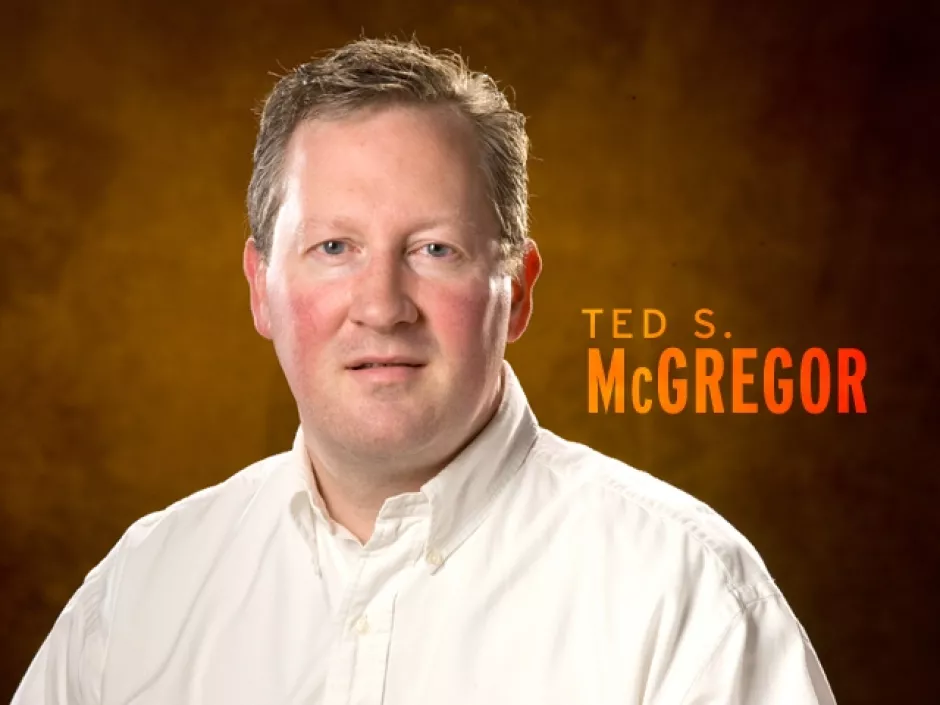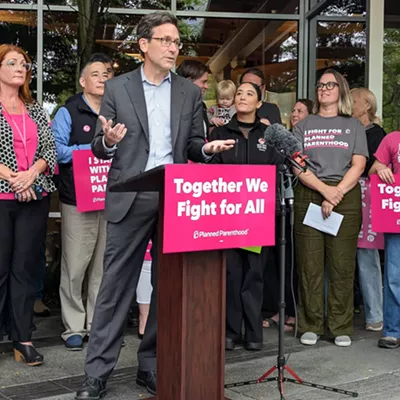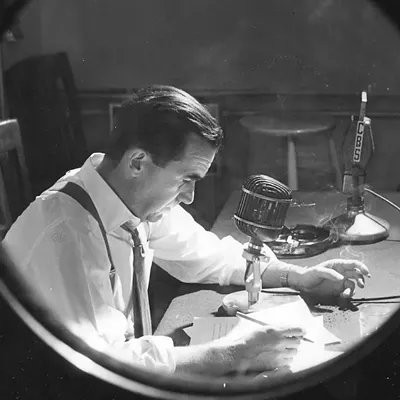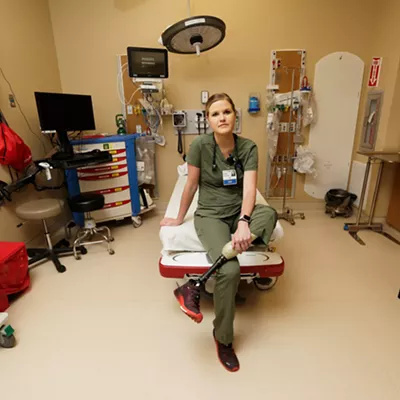Why do we let Iowa and New Hampshire pick our presidential nominees? With the first caucus and primary in the nation, just two states can put a candidate on a roll that almost always ends with his party’s nomination.
And this time it’s worse than ever, as all the early voting states have moved their dates up by a month. In fact, as America is just getting over its New Year’s hangover, we’ll have a result in Iowa — on Jan. 3. New Hampshire votes on Jan. 10, just a month from now. In 1988, Iowa caucused in February; in the 1970s, New Hampshire voted in March.
This is nuts. By the end of January, after the South Carolina (Jan. 21) and Florida (Jan. 28) primaries, we could effectively have a nominee. Mitt Romney could benefit from a large field and win Iowa with far less than a majority, then win New Hampshire, his home turf. If he shows OK in South Carolina and takes Florida later next month, it’s game over — he’d be the Rominee. Or, if Newt Gingrich’s rise holds in Iowa, and his momentum wins him two of the next three, it’d be a two-man race from there out.
After millions spent and months on the road, the rest of the GOP field could go home just as the race was supposed to be starting. Either way, almost all Republicans in America will have no say at all.
Voters in Iowa, where Gingrich is surging, seem to forget that he was so deeply unpopular among Americans as Speaker of the House his own party mounted a coup against him. Against Obama, he could lose by a McGovern-esque margin and would be a drag on down-ticket Republicans all over the nation. But if Iowa likes his conservative bona fides, he could win the nomination.
Campaign 2012 has played out a year too soon, well before anyone actually gets to vote, and only in the media. That’s not the way it should be. If this skewed season results in disaster for Republicans, perhaps the brewing reforms to our presidential primary system could gain traction.
One plan is to rotate states among primary election days, giving more states a chance to be first, with delegate-rich states voting toward the end of the season to keep the race meaningful throughout. Political scientists Larry Sabato and Robert Loevy have made detailed proposals like this. Or, as many lawmakers have supported, we could hold a single, nationwide primary where every vote counts. And that’s kind of what we have in mind when we think “election,” isn’t it?
























